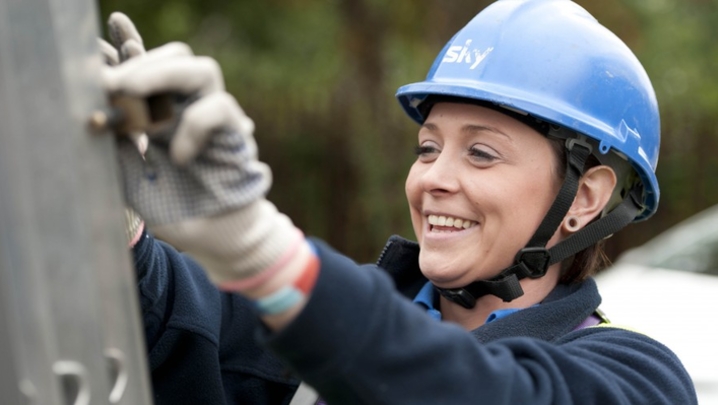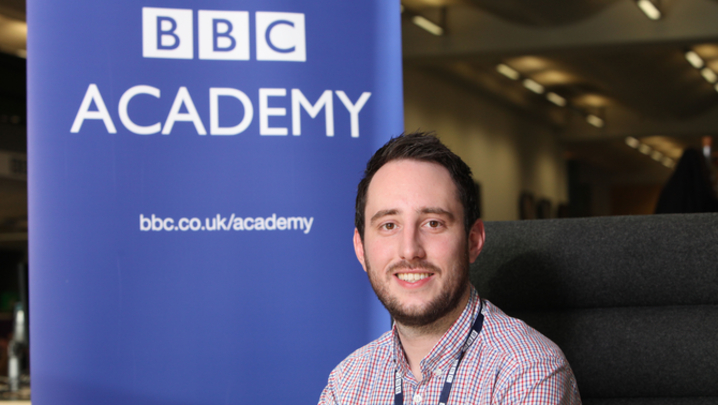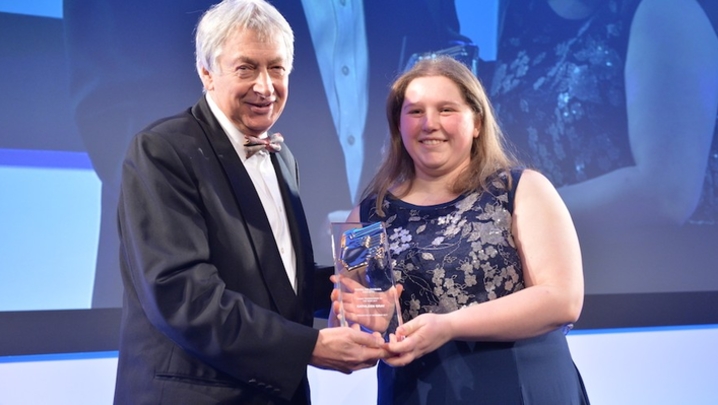Michael Colyer, winner of the RTS Young Technologist Award 2015, argues that schools should have a bigger role in promoting technical careers in television
Hello, I’m Michael Colyer – and recently I won the RTS Young Technologist 2015 award. Needless to say, I was honoured to receive the prize and very much look forward to attending IBC later in the year to gain a greater understanding of where our industry may be heading.
I feel very fortunate to be working as an engineer for television in this current era. In the past few years TV, from a technical standpoint, has been reinvented time and time again; be it the switch from SD to HD, analogue to digital, or the rise of the "second screen" audience, there has been a great number of leaps forwards in the way we consume our television content. To be working in an industry in which we constantly adapt projects to reflect growing audience expectations has been a very challenging, yet extremely rewarding, career choice.
It was only in 2011, however, that I was made fully aware of the broadcast engineering trade thanks to a friend at university – which I feel is something that needs to be looked at.
Going through secondary school, I had no idea that broadcast engineering existed and after speaking to my colleagues who are also in my age group, it would appear that this is the case across the board. Schools aren’t television-technical friendly. I distinctly remember my A-level options evening back in 2008 where I was offered to take "Maths, English, Science – or a ‘soft’ subject, like media" – making the strong implication that media is not a real subject (despite it being an industry now in heavy boom in the UK).
That’s not to say I think that current media courses are perfect – in fact, quite the opposite. If a student decides to study IT you give them access to a computer, so why is this not the case with media? My school, for one, only offered up DV-tape based "handycams", leaving me technically underprepared to enter an industry dominated by technology.
It’s been documented that broadcast engineering is an aging industry. As the current batch of engineers head closer to retirement, new talent is going to be needed to fill the gaps and keep the British public glued to their TV sets. As such, I’d like to see a more technical focus added to GCSE, BTEC and A-level media courses in the country, perhaps introducing how to look after a camera, how to correctly light a subject and introduce the concept of selecting the best codec for the job you are doing, to name just a few points.
After all, what would Britain do if it had no technical personnel left to ensure the safe transmission of Don’t Tell the Bride or The Only Way is Essex?
Michael Colyer is the recipient of the 2015 RTS Young Technologist award. Click here to find out more.









